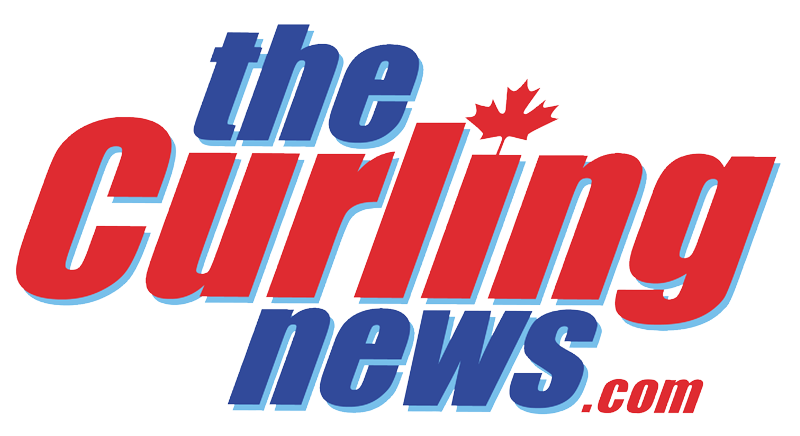
Brushing study for a fractured audience
Brushing study for a fractured audience

Three years after a cover story in The Curling News, Canada’s “Mad Sweeping Scientists” are still at it.
And now they’re backed by the World Curling Federation.
The WCF has revealed an 18-month scientific research project is already underway on the effects of sweeping in curling. The aim is to study how brushing affects the ice and the behaviour of stones.
The principal investigators are Dr. Sean Maw, the Jerry G. Huff Chair in Innovative Teaching and Associate Professor at the University of Saskatchewan, and Eugene Hritzuk, who has skipped teams in 14 Canadian championships and and won the 2009 world senior men’s title.
Following initial research conducted with Maw in 2019, Hritzuk penned the March 2020 cover story of The Curling News with the headline YOU’RE DOING IT ALL WRONG: Are sweepers directionally confused?

Maw, Hritzuk and a team of University of Saskatchewan engineers began work on this latest round of research earlier this year. The data collection phase will continue throughout 2023 leading to industry peer review and an eventual final report published in 2024.
The research will include analyzing brush heads after sweeping and macro-photographing the ice that has been brushed to measure the changes; photography analysis of the smoothness of pebble tops and the rounding of pebble edges; and the amounts and characteristics of debris.
The researchers will also take video of the ice using infrared radiation cameras and record broom head pressures and dynamics.
For all three purposes of sweeping (cleaning, polishing and heating) a variety of different sweeping regimes, intensities and durations will be investigated leading to examinations of the trajectories of stones under different sweeping regimes.

“It’s great, it’s really exciting,” said Hritzuk.
“Even after (The Curling News) story in 2020, and tons of conversations and now this new WCF research, I still feel brushing is the most poorly understood and coached aspect of curling.”
Hritzuk’s TCN story led to hundreds of discussions with curlers and coaches from around the world. Some fought the science, arguing the initial Maw/Hritzuk research was conducted on curling club ice and not arena curling ice.
Hritzuk proceeded to conduct additional research at the 2021 Canadian Olympic Trials arena in Saskatoon on a treated, professional sheet using the hulking high-performance competitor Scott Chadwick, who recently departed the John Epping foursome.

“The results were the same (as the club ice test results),” said Hritzuk. “There was no scratching on the tops of the pebble.
“With the common fabric declared (after the WCF Sweeping Summit) in 2016, there is no scratching going on.”
Hritzuk, who was labelled “the mad sweeping scientist” by a Saskatchewan competitor, has kept an open mind throughout all phases of the research. But he knows poor brushing techniques when he sees it.
“It’s a lot better than it was (in 2019 and 2020),” said Hritzuk. “There’s some really good brushing techniques out there now. But you still see some brushers trying to carve and knife and some still have it wrong. They’re wasting so much energy and hurting their teams because they don’t understand how it really works.
“There’s still some confirmation bias out there. Often I see a sweep and if the brushers would’ve just stopped and gone to get a cup of coffee, it would’ve worked out better.”

Dr. Maw was more political in a WCF statement.
“The physics of curling offers many mysteries and lots of complexity, which makes it very interesting to study,” said Maw. “Discovering how brushing works can help curlers of all levels and the whole sport itself, which would be a satisfying accomplishment.
“The field of curling physics is primed for such an advancement in understanding, building on the work of several investigators and their recent studies.
“It is important that the WCF is leading this effort though, as it shows principled sport leadership that is focused on benefits for everyone in the world-wide curling community.
“If we can gain more clarity on how brushing really works, it will advance the sport in terms of equity for all participants and it will help to establish a scientific foundation for the further development of rules and techniques in curling.”

Hritzuk said he has been turning his phone off at night during the curling season for three years running.
“I now get so many calls and texts from curlers and coaches, they’re watching a game and they reach out. It causes my phone to ring and beep at all hours.”
The 1988 Brier finalist is the subject of the latest episode of the Curling Legends podcast.
